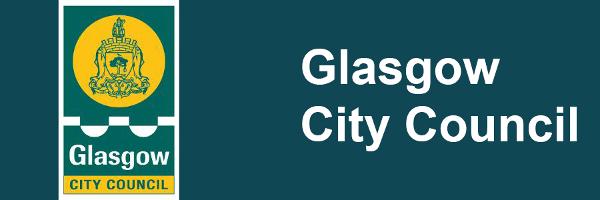Glasgow's new solar schools show great dividend
Published: 23 May 2016
Glasgow is helping to cut its energy bills and save money by using solar technology on some of its schools.

Cllr Frank McAveety, leader of Glasgow City Council and chair of Sustainable Glasgow, has visited one of the schools to have benefitted for the installation of solar panels on their roofs.
Speaking to pupils and staff at Our Lady of Peace Primary School in Barlanark, Cllr McAveety said: "This is Sustainable Glasgow in action. We are using the potential in greener technologies, like these solar panels on schools, to not only cut our emissions but also our energy bills.
"By saving money on our electricity we can ensure more money is going to frontline services. This project also ensures that we are protecting ourselves against future energy price increase and securing supply.
"We will now look at the rest of the council's estate to see which other buildings could benefit from solar panels."
Our Lady of Peace is one of eight new "solar schools" which had solar photovoltaic (pv) panels put on their roofs.
These schools followed a successful 2012 pilot with solar panels installed on St Benedict's Primary School. After St Benedict's exceed its predicted energy outputs by 11% per year it was decided to investigate future installations.
The other "solar schools" along with Our Lady of Peace to have had solar panels installed are: Aultmore Park Primary in Baillieston; Crookston Castle Primary School, Pollok; Keppoch Campus, Possilpark; Oakwood Primary School in Easterhouse; Pirie Park Primary, Govan; St Clare's Primary, Drumchapel and St Monica's Primary in Milton.
The installation provide a saving of £60,000 a year for 13 years after the initial investment cost is paid back over the first seven years. Carbon savings will be about 130 tonnes per year.
After the first 20 years, the Feed-in-Tariff will stop being paid but the panels will continue to provide free electricity to the schools and generate substantial savings and energy security for them.
Due to the hard work of council officers, these eight school were delivered in records time before the cuts to the high rate of feed-in-tariff were made in January 2016.
Through the Sustainable Glasgow partnership, the city has made a commitment to cut its carbon emissions by 30% by 2020. Through the council's Energy & Carbon Masterplan, it has identified 33 actions that, if delivered, would help Glasgow achieve its carbon emissions reduction targets.
One of the 33 actions is to generate renewable electricity and the installation of solar PV panels on suitable Glasgow City Council estate buildings will help achieve this. The primary schools are among the first council buildings to get these installations.
The Feed-in Tariffs (FITs) scheme is a UK Government scheme designed to encourage uptake of a range of small-scale renewable and low-carbon electricity generation technologies.
Solar photovoltaics (PV) capture the sun's energy using photovoltaic cells and turn it into electricity. These cells don't need direct sunlight to work - they can still generate electricity on a cloudy day.




